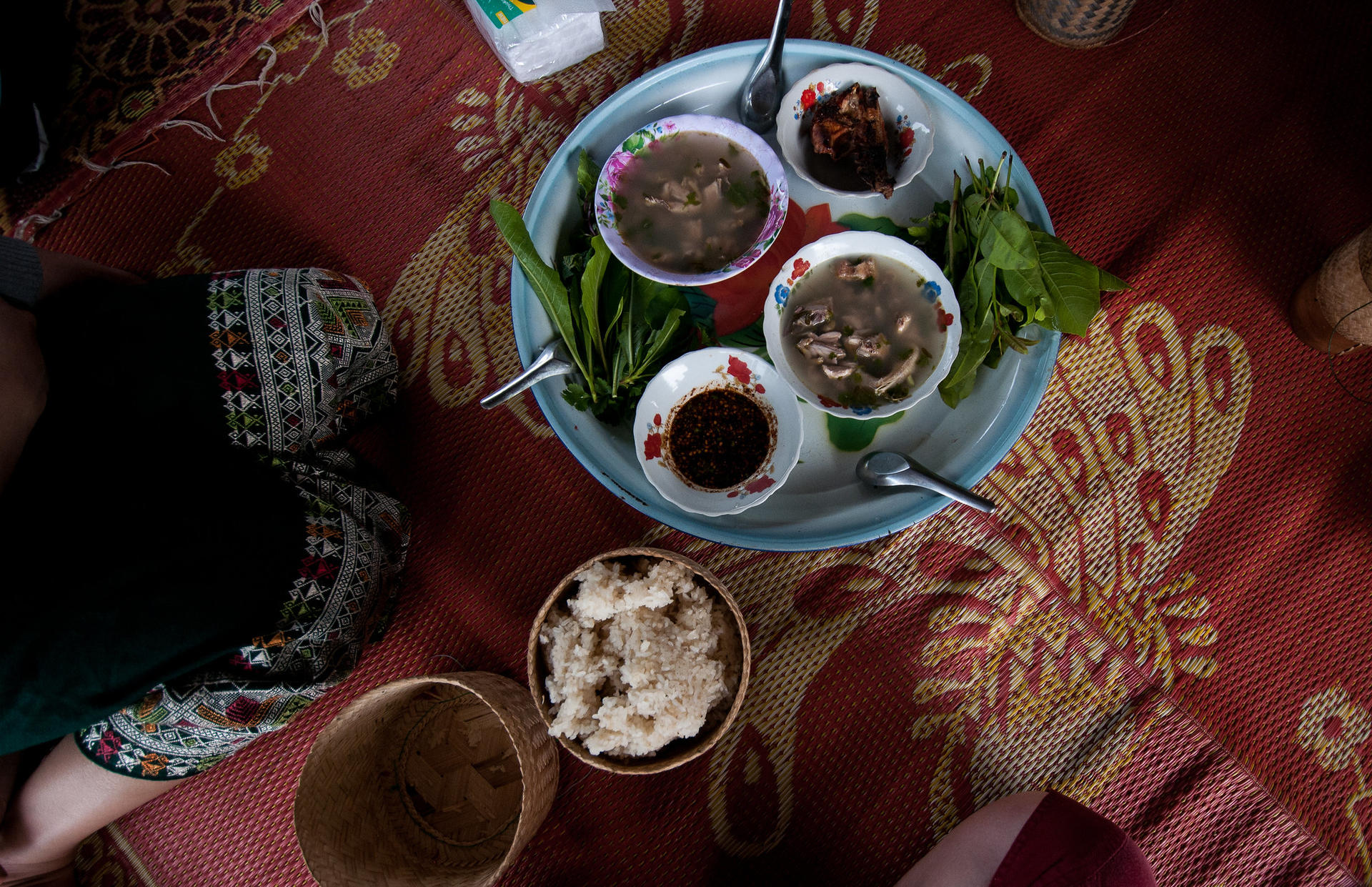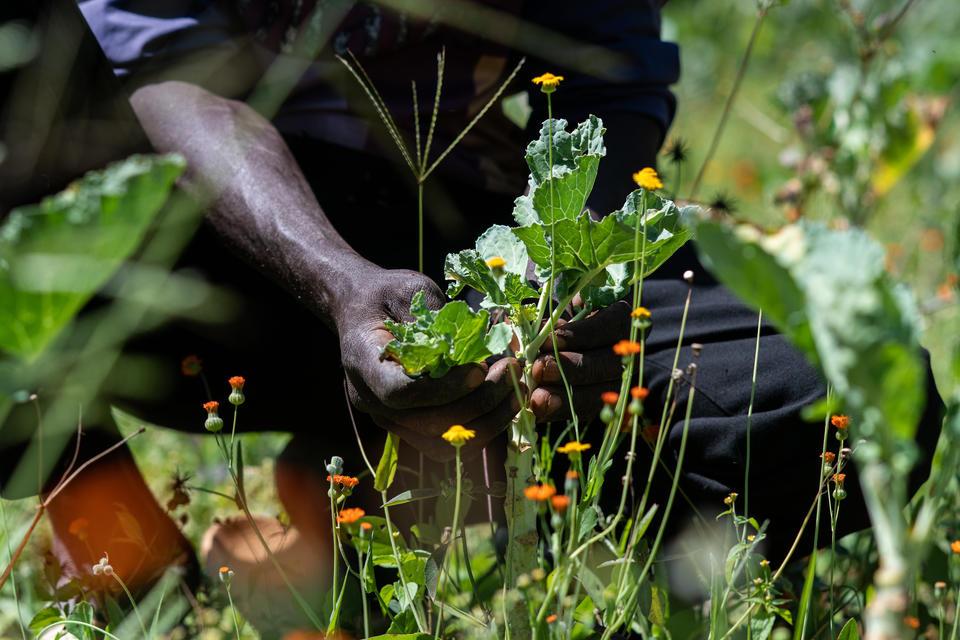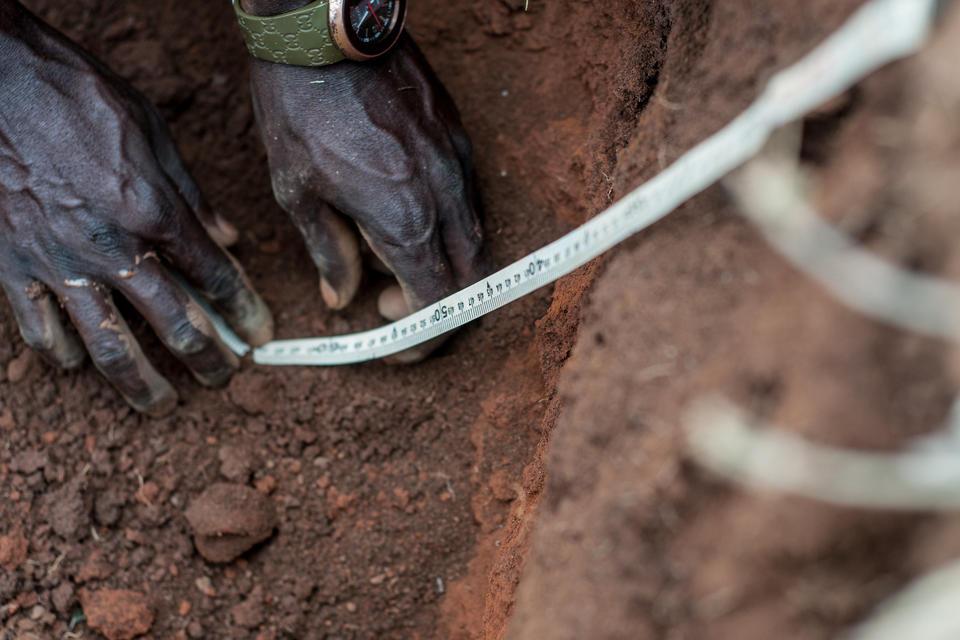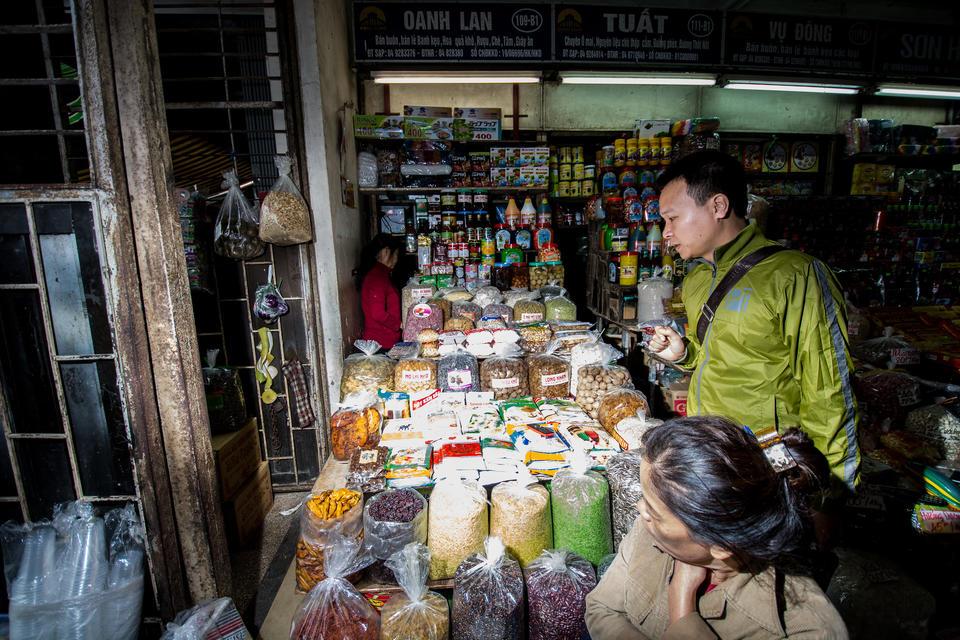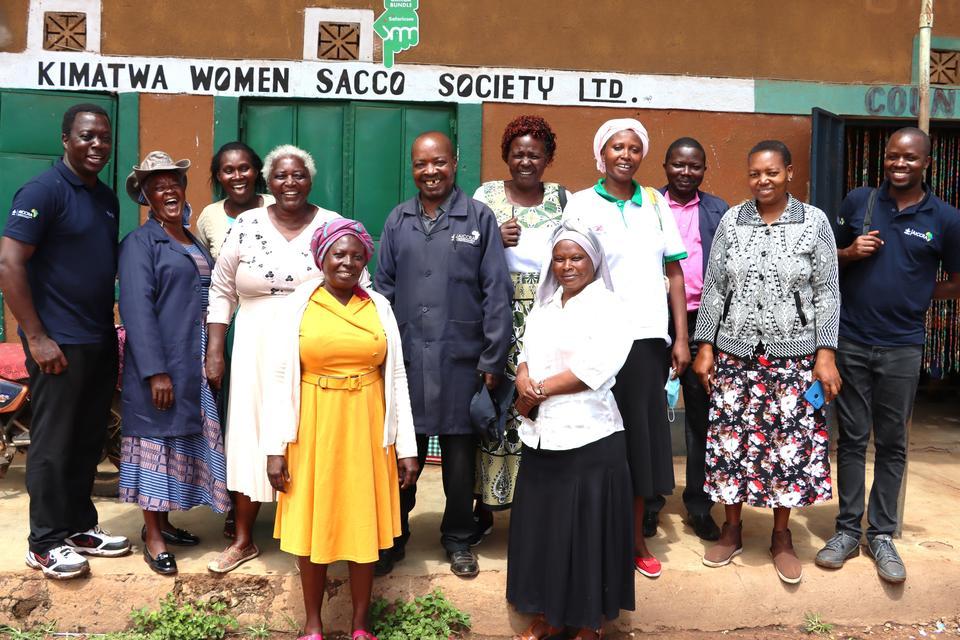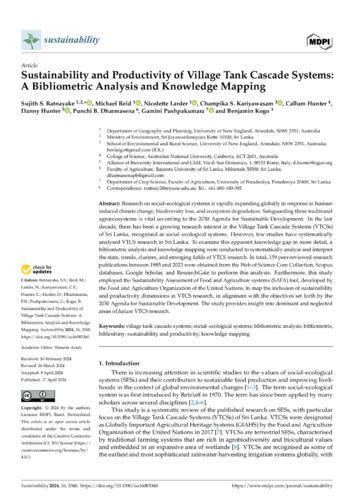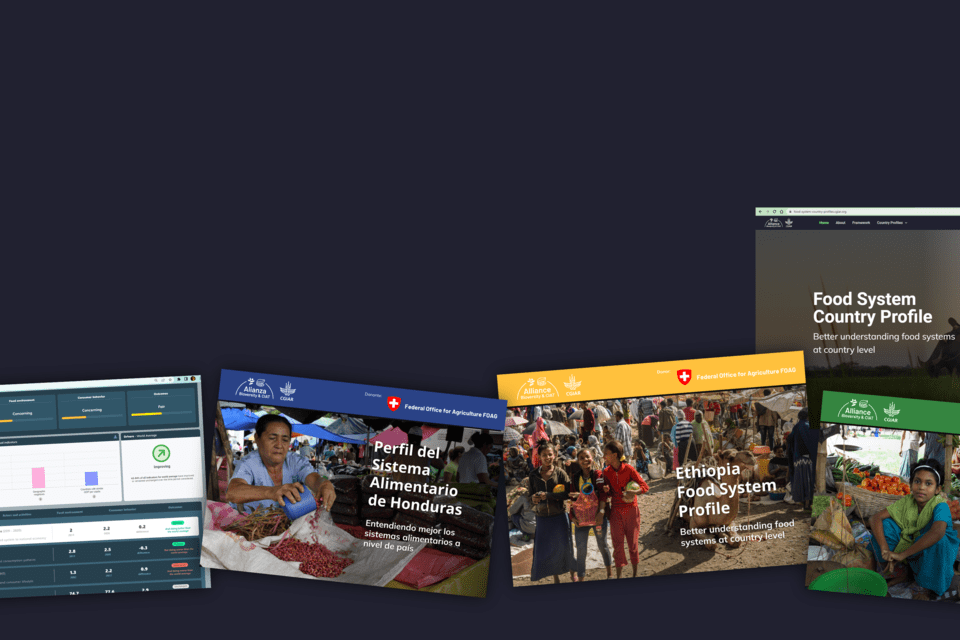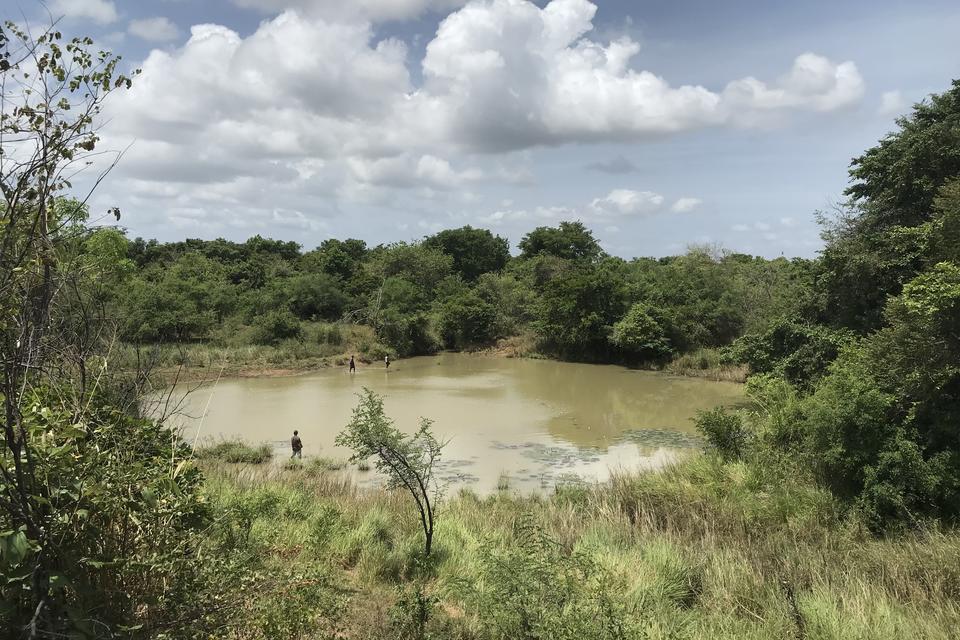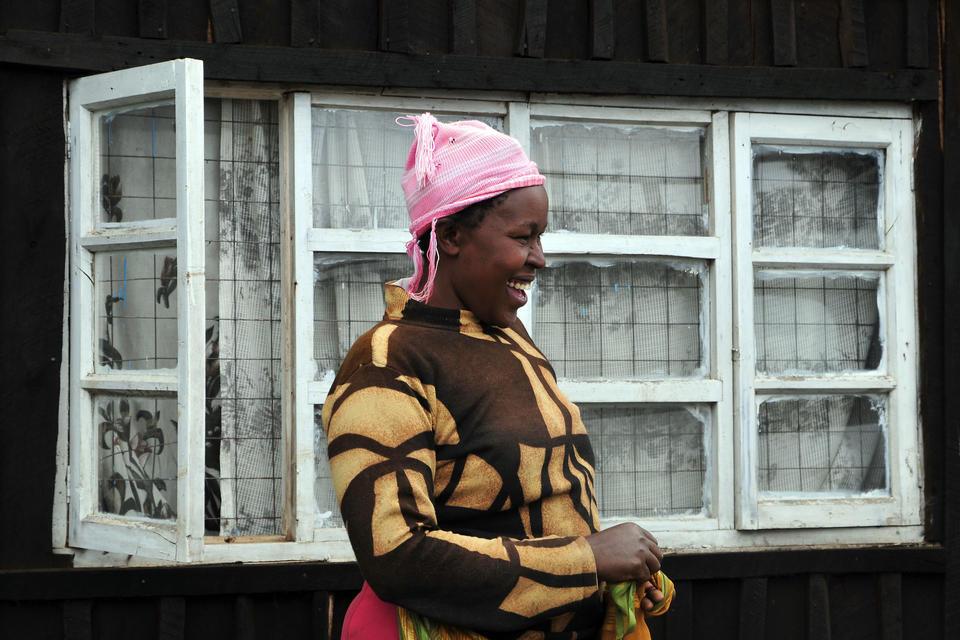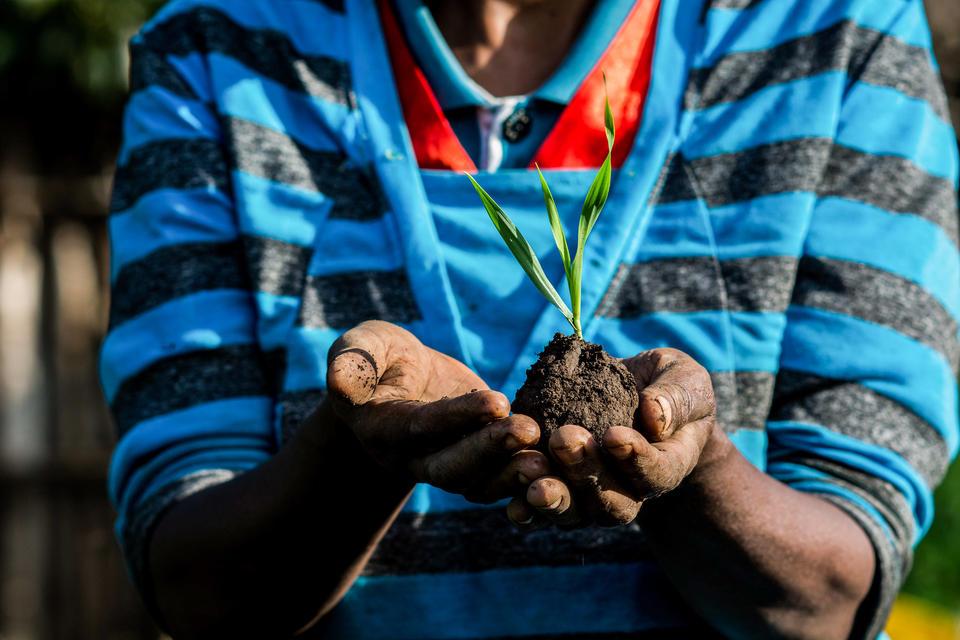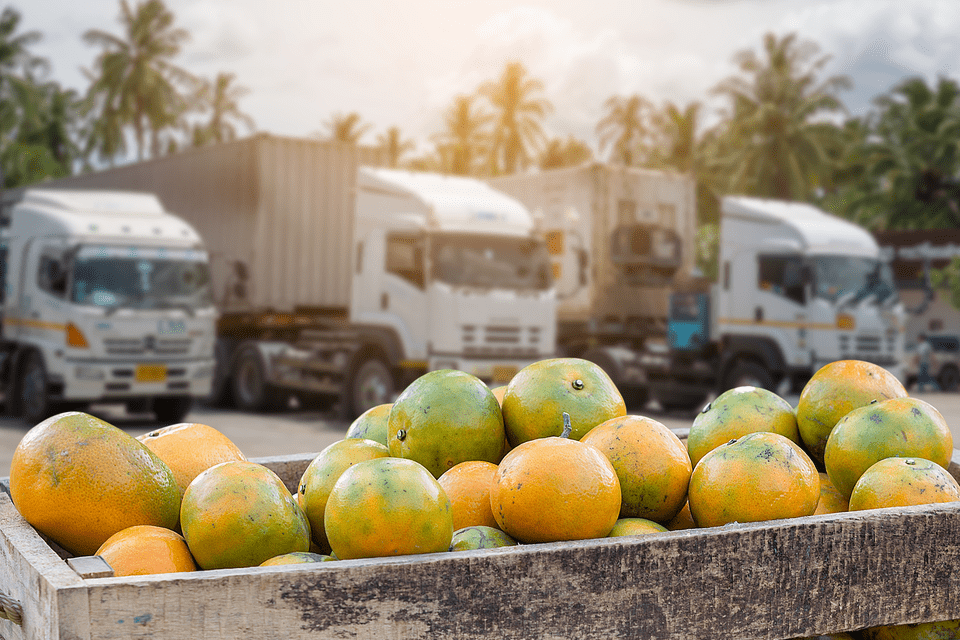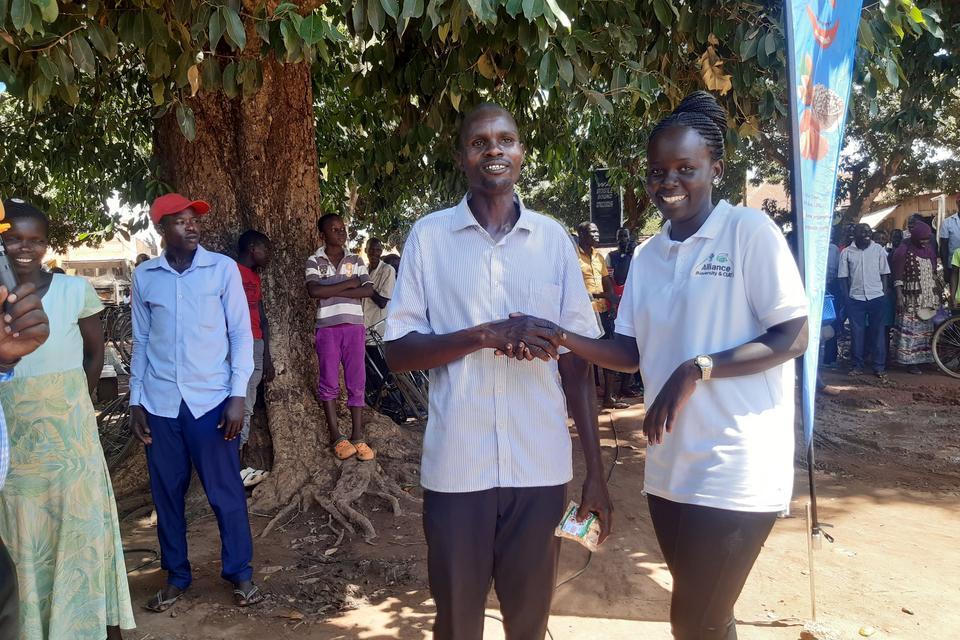See our work on Food environment and consumer behavior in action
As nations prepare to meet the challenges set by the first United Nations Food Systems Summit, decision-makers need to assess and address any gaps at country-level.
To support this process, the Alliance—in partnership with the Swiss Federal Office for Agriculture—is assembling Sustainable Food System Country Profiles for low- and middle-income regions, focusing on three pilot countries: Bangladesh, Ethiopia and Honduras. Based on previous Alliance’s profiles series for climate-smart agriculture, digital agriculture and risk assessment, these country profiles are set to provide critical information and analysis to identify hotspots of unsustainability in food systems. Findings will allow data-driven public and private interventions and investments.
IMPROVING FOOD SYSTEMS IN KENYA
In collaboration with the European Union’s Healthy Food Africa project, the Alliance is leading a key initiative to ensure food security through sustainable agriculture: Food System Lab for Kisumu, in Kenya.
In Kisumu, food poverty is pervasive and diets are dominated by maize, which is low in essential nutrients. The area is close to Lake Victoria, but fish production is too low to meet demand: fish is imported from China for those who can afford it.
New initiatives supported by local partners and the Food System Lab include sustainable aquaculture and strengthened links between urban consumers and producers of leafy vegetables outside the city. Further to that, the Food System Lab also ensures on-the-ground training, and works to empower women and youth, as well as to improve governance.


